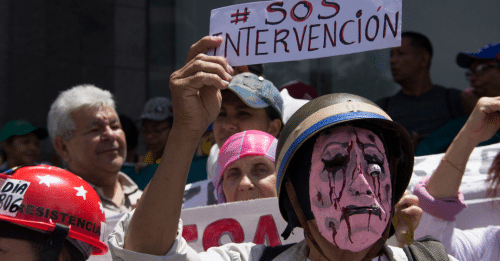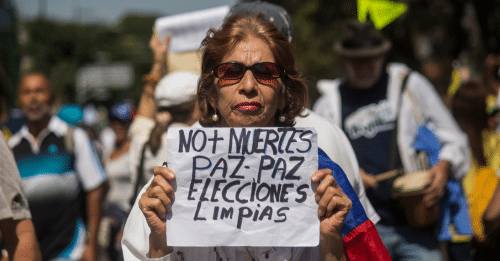Latinas are Rejecting Pressure to Get Married and Have Children
Today’s world is very different from the world our grandparents and even parents grew up in. The concept of what a “family” looks like is undoubtedly dated; however, the changing dynamics of family are complex concepts for older generations to grasp.

Generally speaking, family is significant in Latino culture. Our traditions and customs usually involve lots of family and family time. Even extended families like second cousins are important and influential people in our lives. Often when you come from these Latino family dynamics, you may find yourself feeling like you have to live up to all the different standards set for you, which of course, can end up becoming severe sources of stress.
Today’s world is very different from the world our grandparents and even parents grew up in. The concept of what a “family” looks like is undoubtedly dated; however, the changing dynamics of family are complex concepts for older generations to grasp. For example, having children and giving your parents the nietos and nietas they dreamed of their whole parenting lives was considered a given.
There are now Latino parents everywhere grappling with the fact that they might not ever get grandchildren, or they might have to “settle” for only one or two.
The changing attitude towards procreation extends beyond the Latino family, with a recent Pew Research Center study reporting that more adults say they don’t intend on having kids ever. About 44% of those surveyed between the ages of 18 and 49 reported that it’s unlikely or “not too likely” that they’ll have children. This percentage is up from a 2018 survey where 37% reported the same.
For Latinas, the pressure to have a plan for children can feel even more overwhelming in a culture holding on to antiquated ways. And in many instances, it is our matriarchs who want to burden their daughters with the responsibility of children, despite their daughters indicating that they have other priorities. These women effectively uphold the patriarchy often without knowing it.
Our matriarchs cite many different reasons for the continuous pressure on their daughters to have children. Those reasons include carrying on a “legacy” for the family, although the pressure to carry the family name often falls on the sons. There’s the “practical” reason children are necessary because they will later become responsible for taking care of their parents when they get older, essentially becoming the parent’s retirement plans. This highly damaging belief ends up creating an enormous burden on their eventual adult children as succinctly noted by journalist Tina Vasquez.
Ultimately no one should feel forced to have children, much less when it’s motivated by the wants and opinions of your family. But by understanding where these beliefs come from, we can make educated decisions about our own lives that aren’t influenced by family pressure.
For newer generations of Latina-Americans, we have to normalize that some people simply want things other than kids. Ella Alexander writes, “The most offensive of sayings? You’ll never feel true love until having children.” We agree.




